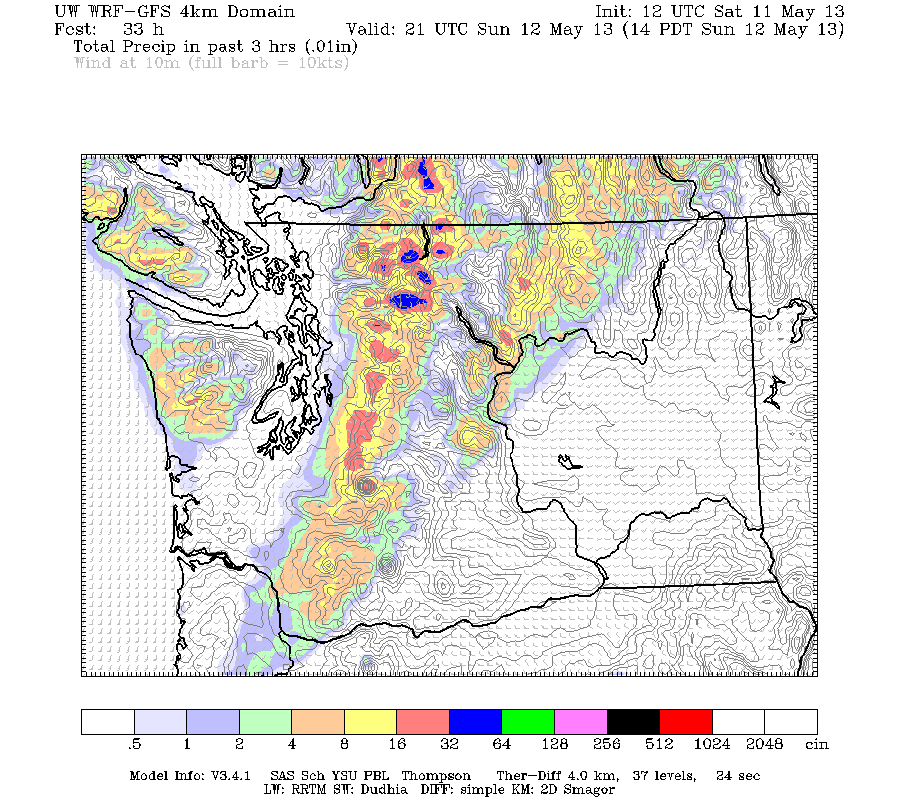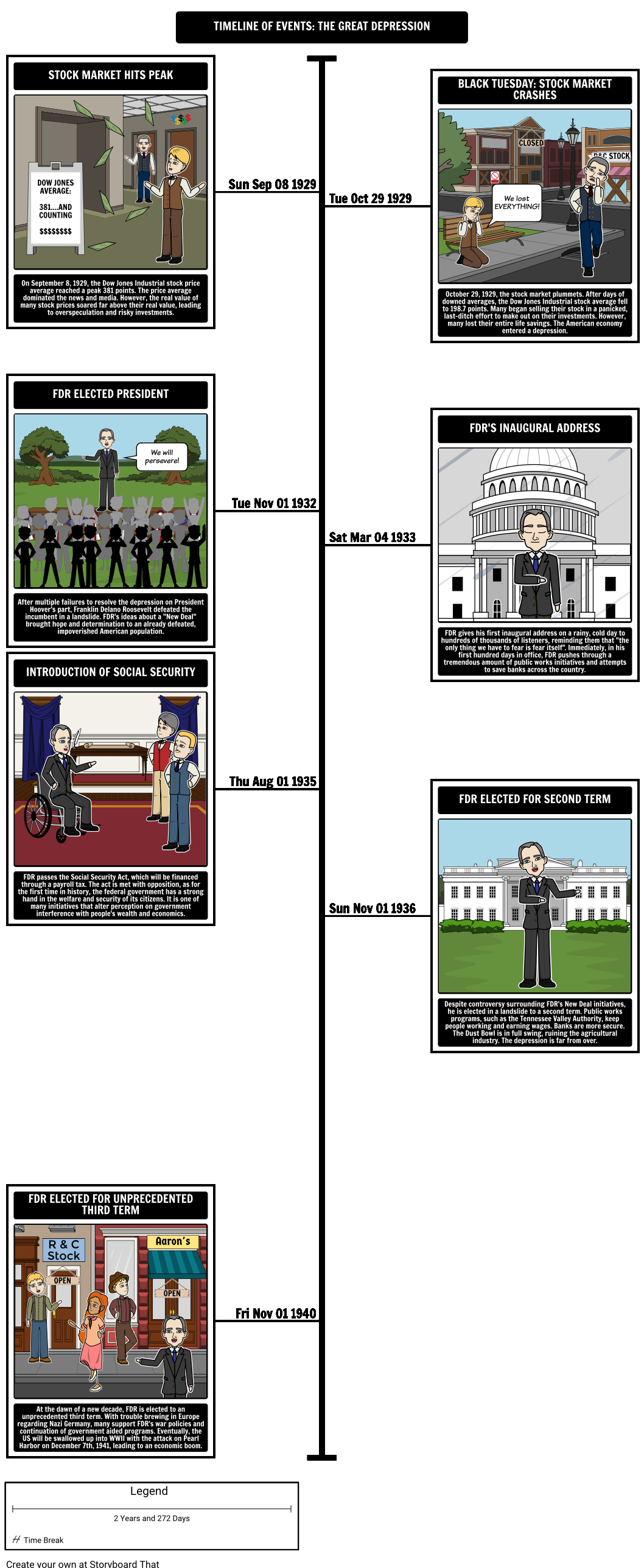


will do since I am away from the Lynchman’s noose and torchman’s fire.”īut sometimes the letters printed in the Defender served a more socially conscious purpose. I indeed wish very much to come north anywhere in Ill.

A letter dated May 20, 1917, for example, reads, “I also feel sure that you will spare a small amount of your time to give some needed information to one who wishes to relieve himselfe of the burden of the south. The pages of the Defender became a forum for the letters of black American workers-those looking for jobs, those new to the city, and those simply wishing to encourage the migration of African Americans around the country.Ī number of the letters received and printed were personal inquiries regarding information necessary for the writers to make the move. The Defender received scores of replies as a result of this campaign, as well as many more letters simply asking for advice or information about jobs in the area. This movement, called “The Great Migration,” was greatly facilitated by black newspapers like the Chicago Defender, which printed ads offering to pay travel expenses for black workers willing to relocate. Influenced by a booming industrial job market, thousands and thousands of African Americans from the southern states began moving en masse to northern cities in the early 1900s. Female postmaster handing out mail, 1930s.Įven as American soldiers were busy fighting Germans on the battlefields of Europe, another kind of battle for freedom was taking place in the United States.


 0 kommentar(er)
0 kommentar(er)
